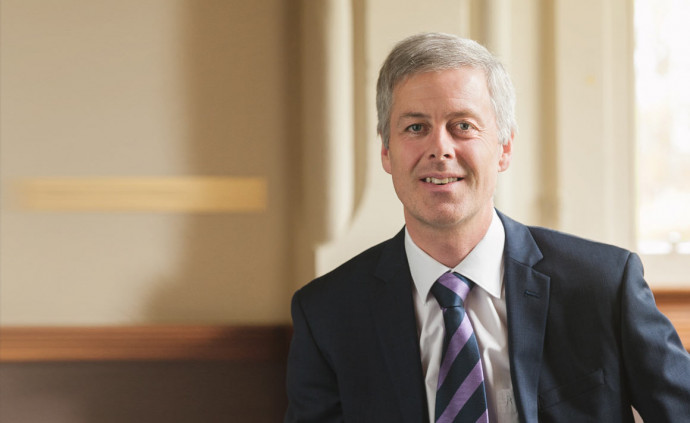Message from Academy Chair
Professor Richard Blaikie shares his last foreword as Chair of the Academy Executive Committee.
My term as Chair of the Academy Executive Committee ends next month, and we are very pleased to announce that Professor Charlotte Macdonald from Te Herenga Waka, Victoria Univesity of Wellington, will be your new AEC Chair. Charlotte is an outstanding historian with strong interests in women’s history, and I am sure that you will join me in welcoming her into the role.
The structure and membership of the Council and Academy Executive Committee of the Royal Society Te Apārangi has changed substantially of the past three years.
This has required discussion, debate and engagement from the Fellowship and the other constituencies that Te Apārangi serves, and I would like to express my appreciation for the Fellows who have engaged in this process along the way. We are now structured in a way that can we can continue to serve the national need for informed debate across a wide swathe of areas, as well as contributing to the global communities of like-minded Academies and Societies. We now have a wider base of representation on the AEC through six Domain Convenors, and recognition of the importance of Māori knowledge to the history and advancement of New Zealand society. The Fellows’ articles contributed to this newsletter reinforce the need for this broader base of diverse thinking given the complexity of most of the issues facing us today.
Practical steps to recognise and encourage diverse forms of knowledge and scholarship have also been embedded in Academy and Te Apārangi processes. I am particualy proud of the changes made to the Companionship criteria, for example, that emphasise the value of knowledge holding and knowledge transfer. In Te Āo Māori these elements are integral to the advancement of knowledge, but were not expressed in our Companionship criteria formerly. In particular, excellence in intergenerational knowledge transfer is something to be sought out and recognised wherever possible. Knowledge-holding through outstanding contributions to maintaining, developing and promoting the collections of galleries, libraries, archives or museums is also now specifically mentioned in our Companionship criteria. I would encourage you all to consider supporting nominations for those outstanding knowledge holders or curators of taonga in your communities so that the Companionship can grow and flourish.
Like other academies around the world, we quest to be relevant across the breadth of the research community in our country and the recognition of multiple forms of excellence continues to be a central theme. Excellence in research or advancement of knowledge can take many forms and can occur in many contexts. Criteria to evaluate Fellowship nominations from non-traditional areas are now in place. Our efforts will be strengthened this year by improving training of those involved in the selection processes to better evaluate excellence in Māori research. Additionally, nominations from research contexts outside academia continue to be actively encouraged so we need to be improve our proficiency in evaluating them fairly.

